|
New Patient Intake Form In the beginning, there was a window I pried the blinds to make light of my losses I fished my hands into and shattered the water What a hook I was doubled in the beginning In the beginning My mouth and the gasp upon impact The skull intact and the brain increasing activity where the neurons didn’t die Slowly I filled the form X X X My torso scored in order of severity only a diagram Previously published in World Literature Today. Janine Joseph is the author of Driving without a License, winner of the Kundiman Poetry Prize. Her libretti for the Houston Grand Opera/HGOco include What Wings They Were, “On This Muddy Water,” and From My Mother's Mother. She is an Assistant Professor of Creative Writing at Oklahoma State University. When You Talk About a Dead Deer For Kelli Russell Agodon The buds in my garden respond to such grief with a refusal to open up their petals in full light. Air, dank with sorrow, makes my garden smell like a cemetery. Ghosts juggle in the bath under feet and I can only hear a trombone, a devastating note grafted by the wind on my broken cello still living with a heart and two kidneys. The flowers in my garden (once a forest till my last lover made me this tomb of four walls here to beat the snow and reach the last breath with as less anguish for death possible) were untamable, they chased the deer and the lost alike. The lost dropped one by one, so did the deer. Grief stilled their bloom until my wild hands relieved them of the guilt, and they became tamer. When you talk about a dead deer, it reminds me of the builder of my nest who sailed tons of musk pods down the Yangtse to a bustling metropolis and wondered how someone's horror, someone's pain can be sold for money. He then died here, in redemption, and in his body was impermanence sculpted of regret, of a lifetime measured by dead deer. Previously published in Crab Orchard Review. This poem was written after reading Kelli Russell Agodon's "Hunter's Moon", which may be read here. Author of Whorelight, Linda Ashok is the 2017 Charles Wallace India Fellow in Creative Writing (Poetry) at the University of Chichester, UK. Linda’s poems and reviews have appeared/forthcoming in several publications, online and in print, including Crab Orchard Review, The Common, The McNeese Review, Poetry Kanto, Friends Journal, Axolotl, Skylight 47, The Big Bridge Anthology of Contemporary Indian Poets, Mascara Literary Review, The Rumpus and others. Linda is the Founder/President of RædLeaf Foundation for Poetry & Allied Arts (2012) and sponsors the annual RL Poetry Award (since 2013). More at: lindaashok.com Hunter’s Moon
The first person you fall in love with will be a deer. You will want to cradle him, but his instinct is to vanish. Scuttle. Scurry. He may lie down at the end of the forest in the sorrel, but you won’t ever see him even with the binoculars you bring into the wild. Perhaps, he’ll disappear on a trail beside you, and you may be charmed by his departure. He is worried about your heart spear, what you keep hidden, but you are not a hunter, you are just tired of walking alone through this night. Previously published in Waxwing. Kelli Russell Agodon is the author of six books and is the cofounder of Two Sylvias Press where she works as an editor and book cover designer. Her most recent book, Hourglass Museum, was a Finalist for the Washington State Book Awards and shortlisted for the Julie Suk Poetry Prize, and second book, Letters from the Emily Dickinson Room was chosen for the Foreword Book of the Year Prize for poetry. Kelli is also the Co-Director of Poets on the Coast, a yearly writing retreat for women that takes place in La Conner, Washington. She is an avid paddleboarder and hiker who has a fondness for vinyl records and hammocks. She lives in a sleepy seaside town a ferry ride away from Seattle. www.agodon.com / www.twosylviaspress.com Full Metal Hanuman They fling us at empires When a cosmos needs to die. Engineered by the best AI minds Of New Lan Xang, In the boot-tubes we sing: “They’ll never let us in, They’ll never let us in To holy Himapan! Not quite monkey, not quite man!” In the future, true havoc needs more Than a mere dog for war. Laotonium shell around a simian soul, Dropping through the sky, ready to die, Armed to the bone with three strong hearts Tailored for express mayhem and murder of Your pristine social orders, We close our eyes with time enough to dream, Six hard minutes through the hot atmosphere: Visions of fabled Dao Vanon, our own planet, Our own Xaesar, our own books of law and liberty. “Ape shall never kill ape.” “No spill blood.” The joys of Ahimsa. A distant world keeping All of your promises made to us for 400 centuries. Previously published in Strange Horizons. Bryan Thao Worra is a Lao American poet and the President of the Science Fiction and Fantasy Poetry Association. The author of 6 books of poetry, he holds over 20 awards including an NEA Fellowship in Literature. You can visit him online at http://thaoworra.wordpress.com where he shares news and opportunities for Asian American poets interested in science fiction, fantasy and horror. That Map of Bone and Opened Valves That was the summer we damned only the earth. That was the summer strange helicopters circled. We examined each other’s ears, we spoke with our hands in the air-- It is the air. Something in the air wants us too much. On the second day helicopters circle and our legs run in the fever-milk of their own separate silences. A sound we do not hear lifts the birds off the water where a woman takes iron and fire in her mouth. Her husband is trying to make sense of her face, that map of bone and opened valves. The earth is still. The tower guards eat sandwiches. On the third day the soldiers examine ears of bartenders, of accountants, of soldiers, you wouldn’t know the wicked things silence does to soldiers. They tear Pasha’s wife from her bed like a door off a bus. On the sixth day, we damn only the earth. My soul runs on two naked feet to hear Vasenka. I no longer have words to complain my God and I see nothing in the sky and stare up and clearly I do not know why I am alive. And we enter the city that used to be ours past the theaters and gardens past wooden staircases and wrought iron gates in the morning that puts ringing in our ears. Be courageous, we say but no one is courageous As a sound we do not hear lifts the birds off the water. Previously published in Kenyon Review. Ilya Kaminsky lives in San Diego. This poem is from Deaf Republic which will be forthcoming from Graywolf in 2019. apocalypse (22.a) she tells you to stuff a live parakeet in your mouth that it isn't really a parakeet that when you feel the head rub the roof of your dry mouth that it will become water or wine or whatever you believe it will be & you believe this because you have survived so many deaths your poor wings a cautionary tale for a microscopic revolutionary when the water wine whatever parakeet slithers down your throat you are compelled to want to compost yourself suck your own bones & spit them out in your hair Previously published in Poetry Northwest. Anastacia-Renee is the current Civic Poet of Seattle, recipient of the 2017 Artist of the Year Award, and former 2015-2017 Poet-in-Residence at Hugo House. She is the author of five books: Forget It (Black Radish Books), (v.), (Gramma Press) 26, (Dancing Girl Press), Kiss Me Doll Face (Gramma Press) and Answer(Me) (Winged City Chapbooks, Argus Press) and has received writing fellowships from Cave Canem, Hedgebrook, VONA, Artist Trust and Jack Straw, as well as a writing residency from Ragdale. Her theatrical mixed-media project, 9 Ounces: A One Woman Show, is a multivalent play unapologetically downward dogging its way through class, race, culture, oppression, depression, survival and epiphany. Her cross-genre writing has appeared in the anthologies: Women of Resistance: Poems for a New Feminism, Sinister Wisdom: Black Lesbians—We Are the Revolution, Revise the Psalm: Work Celebrating the Writing of Gwendolyn Brooks and literary magazines in and print and online: Split this Rock, Painted Bride Quarterly, Crab Creek Review, Seattle Review, Bone Bouquet, Duende, Synaethesia, Banqueted, Torch and many more. She teaches poetry and creative writing at Hugo House and Seattle University and lives as a superhero in Seattle with her wife and dog. Tanka as Firework perhaps this is how America prefers me: body bursting mid- air, blood staining horizon; exhale and i am no longer - Previously published in Thrush Poetry Journal. George Abraham is a Palestinian-American Poet, Activist, and Bioengineering PhD Candidate at Harvard University. He is the author of two chapbooks: al youm (the Atlas Review, 2017), and the specimen’s apology (Sibling Rivalry Press, 2019). He is the recipient of fellowships from Kundiman, the Watering Hole, and Brooklyn Poets, as well as the honor of "Best Poet" at the 2017 College Union Poetry Slam Invitational. His poetry and nonfiction have appeared or are forthcoming in Tin House, Rattle, the Rumpus, Mizna, Washington Square Review, Puerto del Sol, and anthologies such as Bettering American Poetry, Nepantla, and the Ghassan Kanafani Palestinian Literature Anthology. Epistle from the Hospital for Harassment As in a house of mourning / cover the mirrors / Save yourself from yourself / Open the windows / Feed your history to night / Do not wrestle / against your story / let it keep happening / then kill it— / the editor who invited you for coffee / a manila folder of poems / meticulously typed / and tucked beneath your arm / all those beats and breaks / silenced / as he thrust his hand on your hip, saying Sweetheart, try your hair in a bun / and What about glasses / If you wore glasses men wouldn’t notice you so much / Or your colleague who poked / a bruise on your thigh / guessing at its origins / Or the man who made the bruise / Honey, you’re not as stupid as you look— / Cast it out / until the night is so full of the feathers of your thoughts / it grows the giant wings of a crow / takes off— / Now lie before the curtained mirrors / Forget what you look like / For better is a wandering eye / than the two you clench shut / waiting for him to finish Previously published in The Journal. Jenny Molberg is the author of Marvels of the Invisible (winner of the 2014 Berkshire Prize, Tupelo Press, 2017) and Refusal (forthcoming, LSU Press). She teaches creative writing at the University of Central Missouri, where she directs Pleiades Press and edits Pleiades magazine. Find her online at jennymolberg.com. Postcard Union Pacific Transfer Depot, Council Bluffs, Iowa One day you wake up in a town you can’t name and there’s no way to plot a path from A to B. You hear a train, then you don’t, the sound bounces off the hills, gets trapped in a gulley or skims a church spire only to scatter over a silo that dreams of nothing but thunder and grain. Who says the route is not the shortest distance between two points, says it’s a branching river and you must get in your little boat and paddle down each grassy inlet and tiny stream—as if sets of unreadable alphabets opening beneath your feet and clambering over fence posts were a good thing? I don’t want to come to the edge of myself, don’t want that sinking towards a bottom that never seems to come. Sometimes I’m held together with pins and strings. I’m pieces of fabric, a dress waiting to be seamed, or I’m the stitches ripped out, threads blown across the floor. I want to lie on a cool, clean sheet, feel it drape over my face, arch my back like a cat, be reduced to nothing but bone, the big wind that races across the field, bend the trees back, push clouds, be shadow, whip past blouses hanging on the line like women waiting for their lives, all of it silver and into the sun. Previously published in Tramp (LSU Press, 2018). Joelle Biele is the author of Tramp and the editor of Elizabeth Bishop and The New Yorker: The Complete Correspondence. A Fulbright professor in Germany and Poland, she is currently the Howard County Poetry and Literature Society’s Writer-in-Residence, doing writing workshops with Maryland high school students. Montgomery, 1998
Because this is Montgomery in 1998, the first lessons I learn in 7th grade are I can’t say nigger too loud and all students need to wear t-shirts under their Barkley jerseys. Because this is Montgomery in 1998, I’m smart enough not to say nigger too loud so my parents send me away to the gifted school downtown. Because this is Montgomery in 1998, “gifted” means mostly white kids who can’t fight or can’t afford private school. Because this is Montgomery in 1998, my white friend in Latin won’t talk to me about anything other than No Limit Records and East Bay books. Because this is Montgomery in 1998, Most of my dreams end with a light-skinned girl’s legs in English class. One or two dreams will never leave the Latina who gave me my only nickname. Because this is Montgomery in 1998, the school year really doesn’t matter because no one notices me stringing up my Terrell Davis cross trainers on the first day. Because this is Montgomery in 1998, my grandmother dies and I feel weak when I try to hold up my fainting mom in church. Because this is Montgomery in 1998, my biggest failures are my failure to dunk and my failure to raise my eyebrow like The Rock. Because this is Montgomery in 1998, I’m the last kid at home, waiting for the hum of a car in the driveway while I count all the ghosts I want to be when I grow up. Previously published in Banango Street. Jason McCall has an MFA from the University of Miami. His collections include Two-Face God, Dear Hero, Silver, I Can Explain, and Mother, Less Child. He is co-editor of It Was Written: Poetry Inspired by Hip-Hop. He is an Alabama native, and he teaches at the University of North Alabama. |
Blog HostNatasha Kochicheril Moni is a writer and a licensed naturopath in WA State. Enjoying this blog? Feel free to put a little coffee in Natasha's cup, right here. Archives
October 2019
Categories |
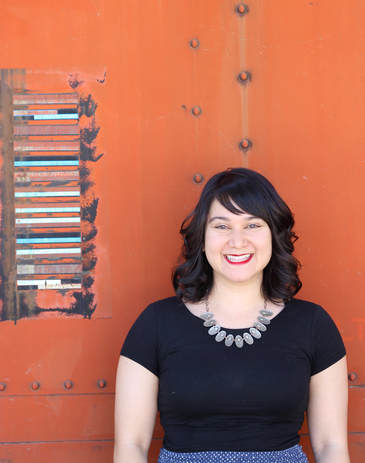
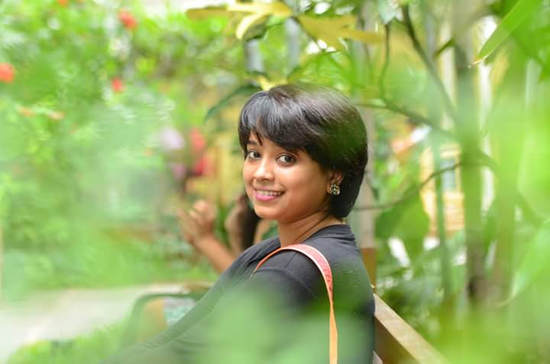
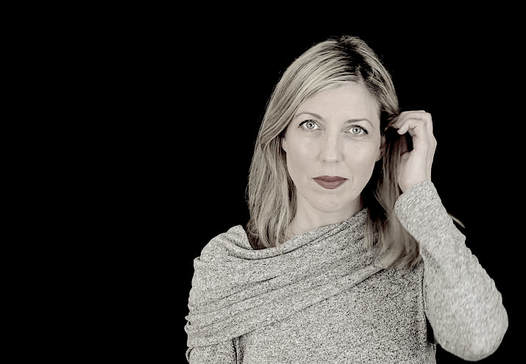
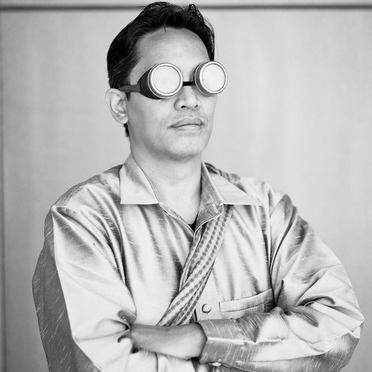
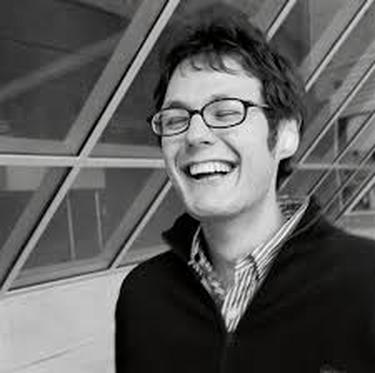
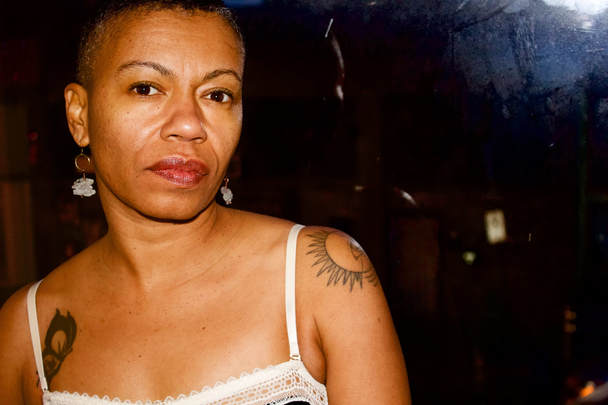
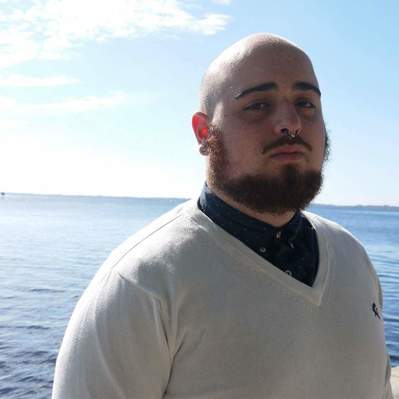
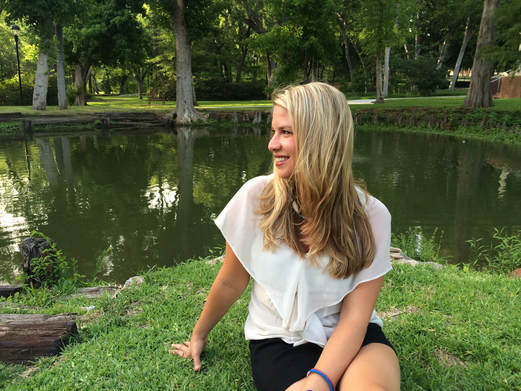
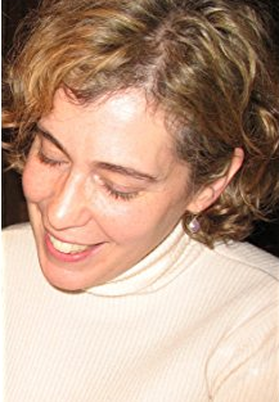
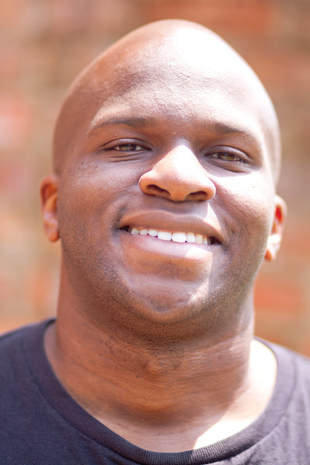
 RSS Feed
RSS Feed